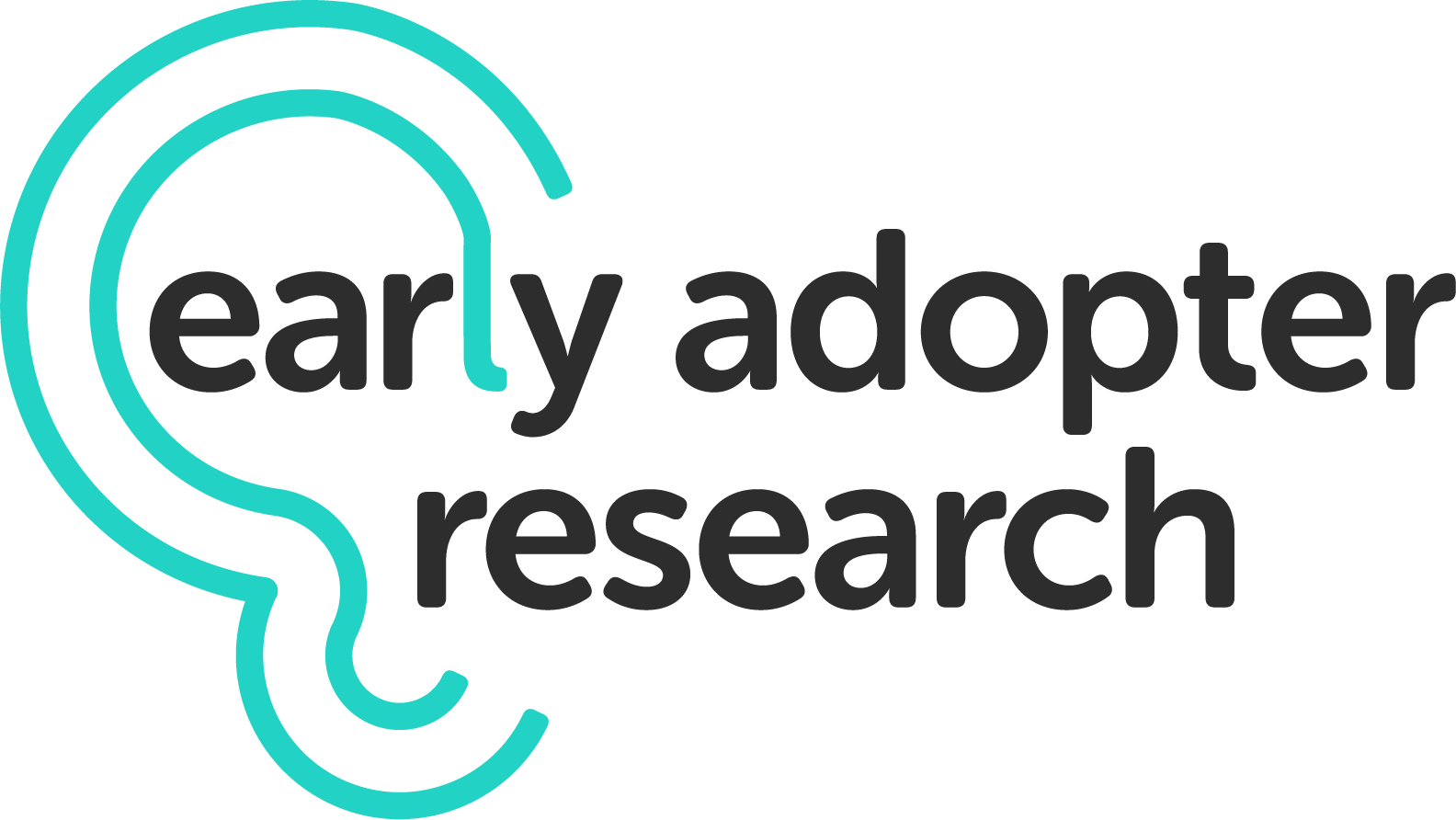How to Gain Control Over Your Business Relationship with Oracle

All over the world, Oracle customers regularly find themselves having to negotiate with Oracle about how to pay for software that they never intended to buy. Most companies find this process quite unpleasant and would prefer to avoid it. This research mission seeks to answer a simple question:
How can Oracle customers gain control of their relationship with Oracle by using Oracle products in a disciplined way that avoids compliance problems?
The short answer is that Oracle customers must be aware of how Oracle’s licensing and compliance process works and implement policies and processes for making sure they stay in compliance in order to avoid actions that would lead to a weak negotiating position.
If you don’t use Oracle products with discipline, you end up in a reactive mode when Oracle audits your use of their products, which almost always leads to a weak negotiating position, and larger payments to Oracle than you planned.
If, however, you do use Oracle products with discipline and stay in compliance, Oracle’s massive sales, marketing, and consulting machine have only one way to increase its business with your company, and that is by making your use of Oracle products so successful that you want to use more. This is the relationship you want with Oracle.
This task of staying in compliance with your use of Oracle products is easier said than done. This research mission seeks to provide a roadmap for avoiding surprises that can cost a lot of money.
Oracle’s Unique Licensing Model
Oracle is known throughout the world as a masterful sales organization. Oracle excels not only at selling products but also at increasing revenue by expanding the use of those products and making sure the all of its customers are paying for what they are using. Oracle’s unique licensing model and aggressive sales tactics support this strategy by making it as easy as possible to download and use Oracle products.
Oracle is incredibly flexible in the way it structures license agreements. They have many different structures for licensing single products, for processor-based licenses, for licensing use across a company, and many other variations. In addition, Oracle inherits lots of different forms of licensing from the companies it has acquired. The more variety in your licensing, the more likely Oracle may be to audit you because they may believe you are not able to stay in compliance. The key challenge is to make this flexibility work for you, not just for Oracle. To do this you must understand the details of the terms and conditions of each license and many others things about the way Oracle works.
You know those license keys that are so often required to use a product? Oracle doesn’t use them. You can just download the software and start using it. The compliance audit process is the way Oracle assures it is getting paid for its software.
When, during a compliance audit, Oracle asks you what you are using, if you haven’t got a license for everything you are using, you now will have the pleasure of negotiating with Oracle from a position of weakness. Oracle sales staff is well-trained in taking advantage of any weaknesses in a customer’s negotiating position. Legal gets involved right away.
So to get ahead of this process and avoid trouble, it is important that we answer the following questions in the research done for this mission:
How does Oracle gain power over its customers?
- See How to Stop Hating Your Oracle Sales Rep (Forbes.com)
Four ways to prepare for an audit (Article in Palisade Compliance) - What specific strategies and policies can an Oracle customer use to restore the balance of power?
How can these strategies and policies be implemented? - How can you stay in compliance with your Oracle licenses so you can maintain control over your relationship with Oracle?
How does Oracle gain power over its customers?
In a sense, Oracle and all technology vendors gain power over you when you choose to use their products. Everyone knows that switching costs are high. Changing technology can be risky and expensive. The only reason to rely on a vendor is to get some substantial value from the money you are spending. Oracle has a great sales organization and also has a powerful suite of products and a vast ecosystem to support them. Oracle technology is often the right choice.
But besides having powerful products, Oracle also has some other aspects of the way it sells to keep in mind when you are planning how to stay in control. One of the most important is the way Oracle discounts its software. When you first consider buying Oracle, you are presented with some super high list prices, and the conversation becomes focused on the massive discount that you will get. Oracle customers commonly pay less than 50 percent of list prices, often far lower than that, depending on the type of license and amount of products purchased.
But, if you slip out of compliance and are caught in an audit using products you have not licensed, guess what, the list prices are the starting point of the negotiation.
Other challenges related to your Oracle relationship include:
Oracle keeps policies about aspects of its commercial relationship vague, often setting them forth in online documents that can be easily modified.
Oracle sales reps often spend a lot of time with customers and gather information about a company’s operations, its use of Oracle products, and internal politics.
Companies often don’t keep good track of their contracts and have to rely on Oracle to give them the official copies.
The Oracle business model must be understood in order to avoid problems. Here are the questions we will answer in our research:
How is the Oracle license model different from that used by other companies?
What are the tricks that Oracle uses to gain leverage and lead people out of compliance?
Why does Oracle involve its legal team in compliance audits right from the start?
What specific strategies and policies can an Oracle customer use to restore control?
Thomas Jefferson said that eternal vigilance is the price of liberty. It seems that the same is true when dealing with Oracle licensing.
But what must we be vigilant about? Which steps will lead to control and independence, in other words, power? Which will lead to weakness? The research will look at two main ways to stay in a powerful position: Staying in compliance and finding alternatives to Oracle products.
License Compliance
The key to license compliance is to know up front what you are entitled to under your contract. Poring over the contract, especially the terms and conditions and references to Oracle policies, will give you a clear idea most of the time, but also results in questions. You want to get answers to those questions before you sign the licenses.
In addition, the licensing strategy must fit into your business strategy. Are you going to be buying more Oracle products? How do Oracle products support your business goals? Can you prepare for the future in any way with your licensing?
If you do find out that you are over- or under-licensed, you should create options to get back into compliance.
The challenge of staying in compliance is making sure that Oracle’s lack of prior restraint in using its products is not abused by your staff. Here are the relevant questions:
- What are the most common mistakes people make with respect to Oracle licensing that reduces their power?
- Why do these mistakes happen?
- How can the mistakes be avoided?
- How do you know if you are in compliance?
- What does Oracle to do take advantage of noncompliance?
- Do you have to respond to every request Oracle makes for information?
- How can you avoid being put in a weak position?
- How do you build an audit defense before you have an audit letter?
- How do you build an audit defense after you have an audit letter?
Product Strategy
Nothing gives you power in a negotiation like having a plan B. If you really want to get the best deal from Oracle after the initial sale, you must be ready to use other products. Some Oracle products are harder to replace than others.
Here are the questions related to finding alternatives to Oracle products:
Why are Oracle products often a natural, safe, and reliable choice?
How can you minimize the cost of Oracle products?
What are some alternatives to Oracle products?
What are the risks and responsibilities when choosing alternatives to Oracle products?
What alternatives to Oracle support exist?
Handling an Audit
Oracle will come calling. You needn’t worry about that. Most companies are not in compliance and Oracle will make short work of finding just how far out of compliance you are. At this point, the fun begins. Here are the research questions we will seek to answer the process of an Oracle compliance audit:
- How do you best avoid an audit?
See “Oracle Audit Triggers and Risk Mitigation” from Palisade Compliance for guidance about what causes Oracle to initiate an audit.
- How do you prepare for an audit?
See “Software Audit Intervention What To Do Before and During an Oracle Audit” from Palisade Compliance for advice about preparing for an audit.
- How can you best negotiate with Oracle during an audit?
- When does an Unlimited License Agreement make sense?
See “The Endgame: What to Do at the End of Your Oracle ULA” from Palisade Compliance for a detailed analysis of the advantages and pitfalls of a ULA.
How can these strategies and policies be implemented?
Becoming compliant is one thing, but staying compliant is another. Once you do the work or make a deal with Oracle, all of the forces that lead to noncompliance remain active. Here are the research questions relevant to staying in compliance:
- What are best practices for license compliance?
- How do you know what you are entitled to?
- What records must you keep?
- How do you keep track of what you are using?
- How can you detect out of compliance use of Oracle products?
- How do you keep your model of what you are entitled to and what you are using up to date?
- What are the events and actions that increase the risk of losing control?
- How do you handle those events to maintain control?






Leave a Comment